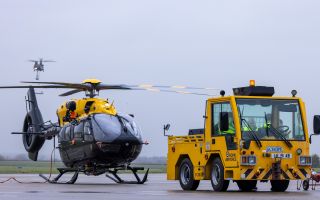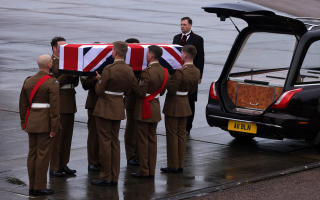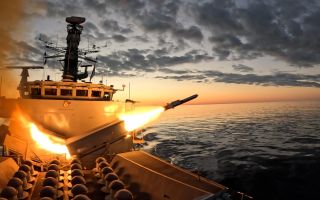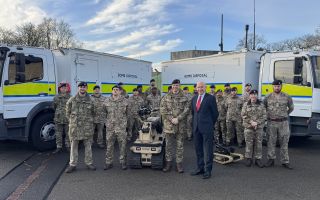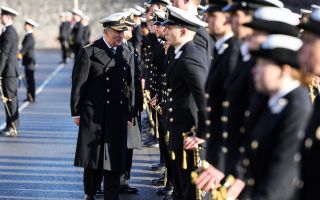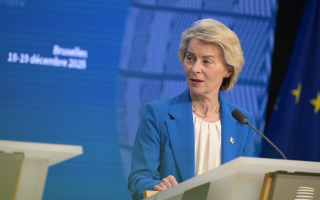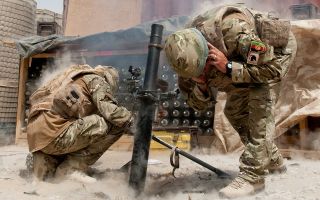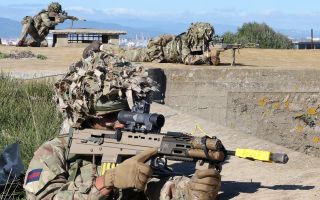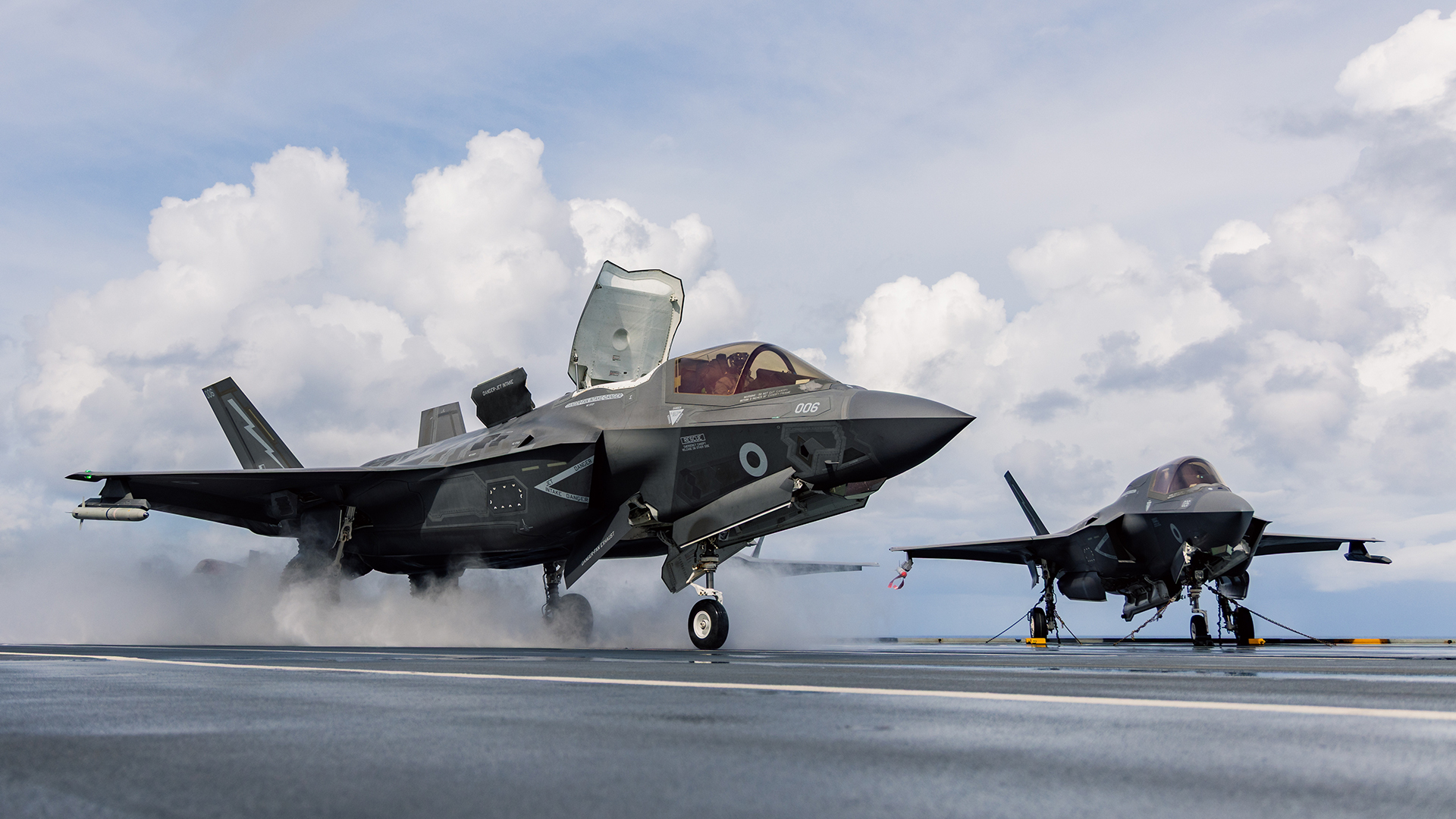
Watchdog hails F-35 as UK's most advanced warplane, but identifies project shortcomings

The F-35B Lightning operated by the RAF and the Royal Navy is "significantly superior" to all previous UK aircraft, the National Audit Office said, but the programme is being let down in a number of areas.
The Government's spending watchdog said the £71bn programme had been hit by delays, shortages of equipment, and a lack of pilots and engineers.
Despite the type being the most advanced warplane ever operated by the UK, the NAO said the capability achieved from the £11bn that had been spent so far offered a "disappointing return".
- A tale of two Lightnings: How the F-35A and F-35B stack up against each other
- Stranded Royal Navy F-35B moved into hangar as UK engineers arrive in India
- US pilot stays in the cockpit for a hot pit as he lands his F-35 on the Royal Navy's flagship
The F-35 was developed by Lockheed Martin, and while it is mainly a US project, around 15% by value of each aircraft is manufactured in the UK.
This generates around £22bn in contracts for British firms.
But the report said due to failings of both the Ministry of Defence and the global programme, the level of overall UK F-35 capability is currently lower than the MOD intended, and would remain so for several years.
As of last year, the NAO said the mission capable rate – the ability of an aircraft to perform at least one of its seven possible required missions – was approximately half the MOD target.
And the full mission capable rate – an F-35B's ability to carry out all its required missions – was only around a third of the target.
However, the NAO said it was not disclosing the actual figures on national security grounds.
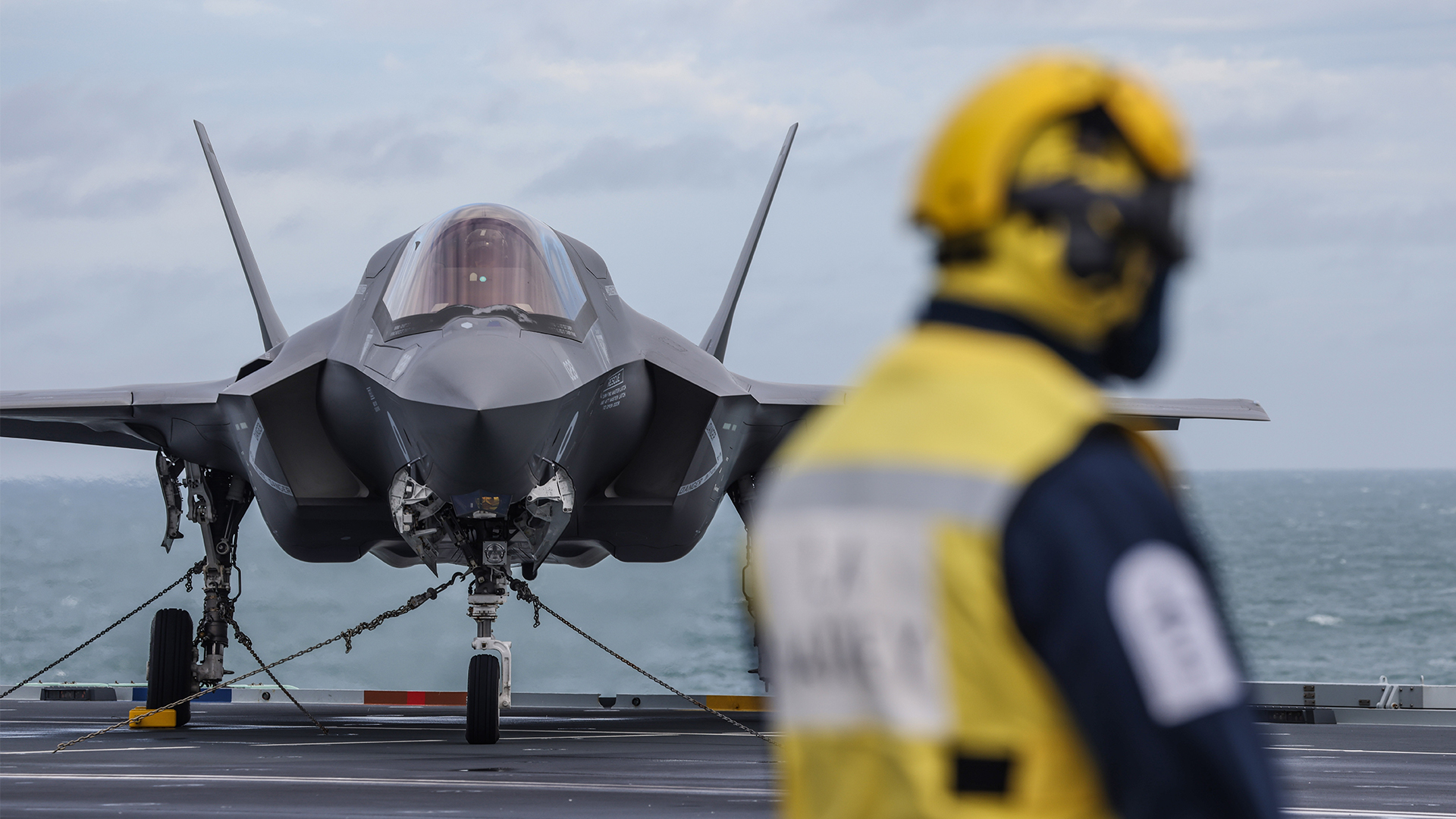
As of June this year, the UK had 37 F-35Bs in service out of an eventual planned total of 138.
The fifth-generation stealth jets are expected to remain in service until 2069 at a £71bn whole-life cost, according to NAO estimates.
But it said the MOD had not been able to sustainably deliver its targets for aircraft availability, resulting in flying hours below the requirement for pilots.
"The MOD's short-term affordability decisions and serious global programme delays have hindered the delivery of aircraft and other supporting capability," the report said.
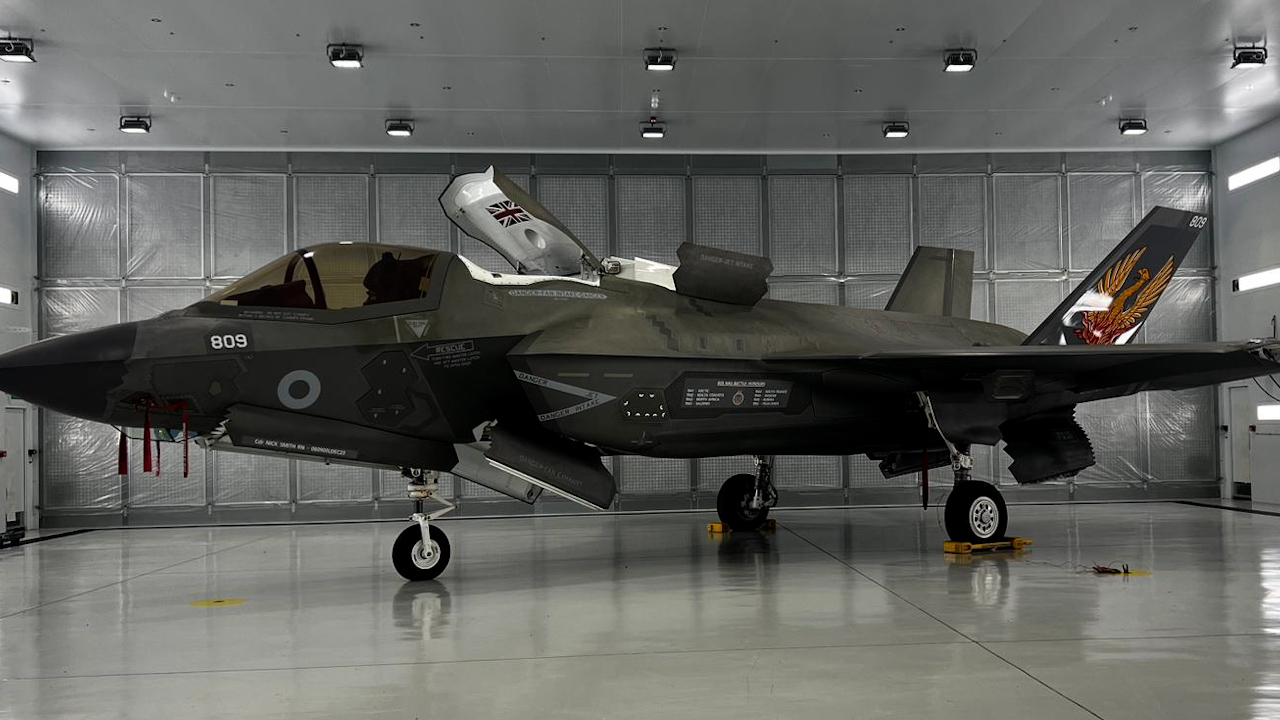
It also pointed to major personnel shortages across the F-35 force and serious gaps in engineering roles.
An MOD spokesman said: "The National Audit Office's report rightly recognises the world-class capabilities of the F-35 fighter jet, as well as its significant economic benefits.
"The programme continues to operate within its approved budget and the UK will have two full squadrons of F-35 fighter jets ready for deployment by the end of this year."

